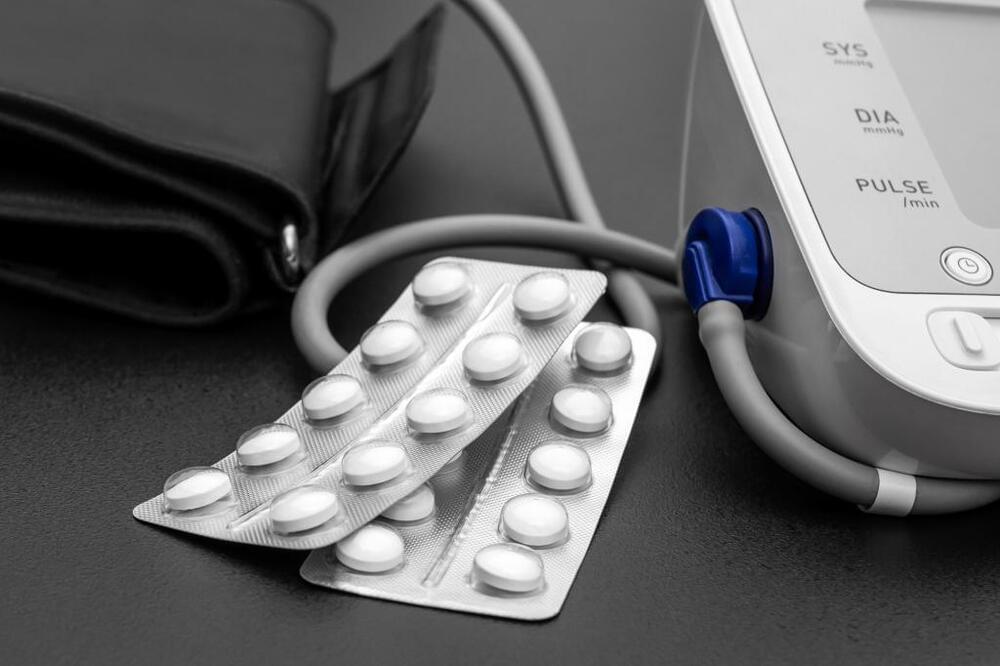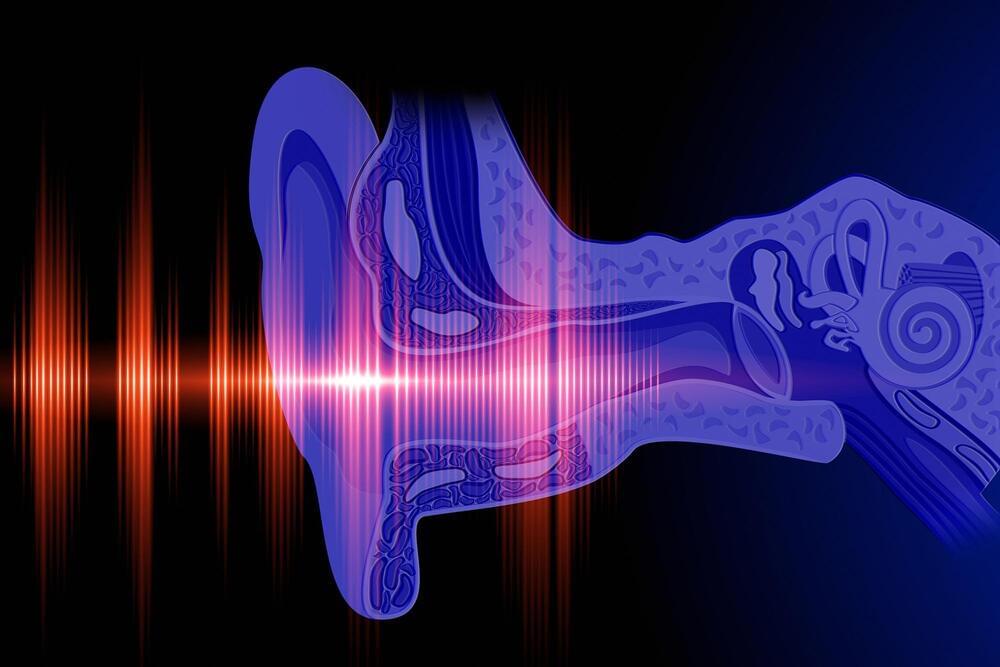Art is a fascinating yet extremely complex discipline. Indeed, the creation of artistic images is often not only a time-consuming problem but also requires a significant amount of expertise. If this problem holds for 2D artworks, imagine extending it to dimensions beyond the image plane, such as time (in animated content) or 3D space (with sculptures or virtual environments). This introduces new constraints and challenges, which are addressed by this paper.
Previous results involving 2D stylization focus on video contents split frame by frame. The result is that the generated individual frames achieve high-quality stylization but often lead to flickering artifacts in the generated video. This is due to the lack of temporal coherence of the produced frames. Furthermore, they do not investigate the 3D environment, which would increase the complexity of the task. Other works focusing on 3D stylization suffer from geometrically inaccurate reconstructions of point cloud or triangle meshes and the lack of style details. The reason lies in the different geometrical properties of starting mesh and produced mesh, as the style is applied after a linear transformation.
The proposed method termed Artistic Radiance Fields (ARF), can transfer the artistic features from a single 2D image to a real-world 3D scene, leading to artistic novel view renderings that are faithful to the input style image (Fig. 1).








